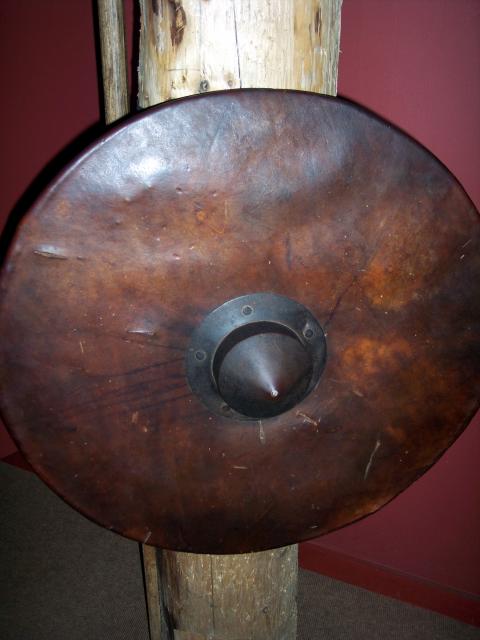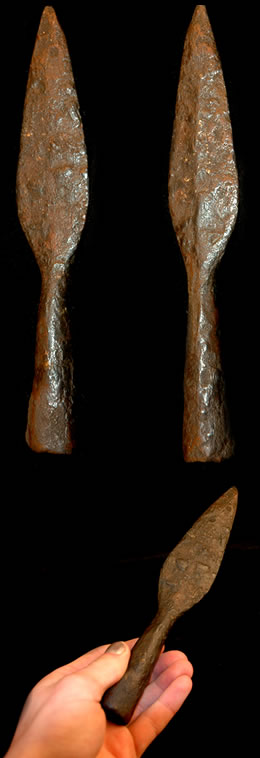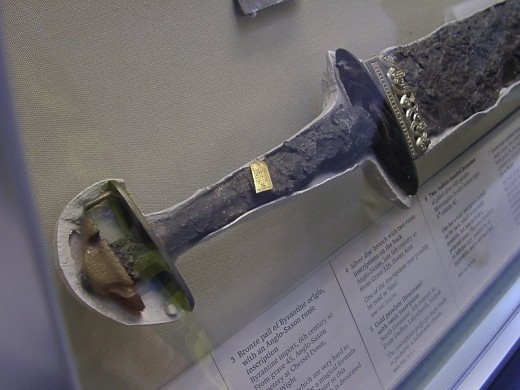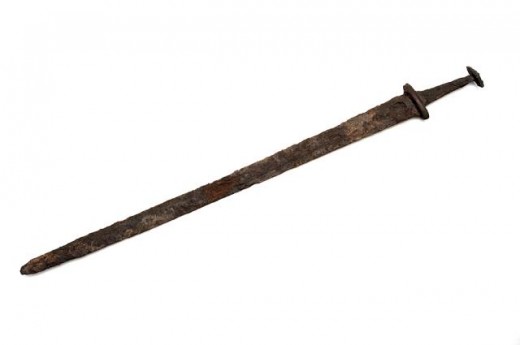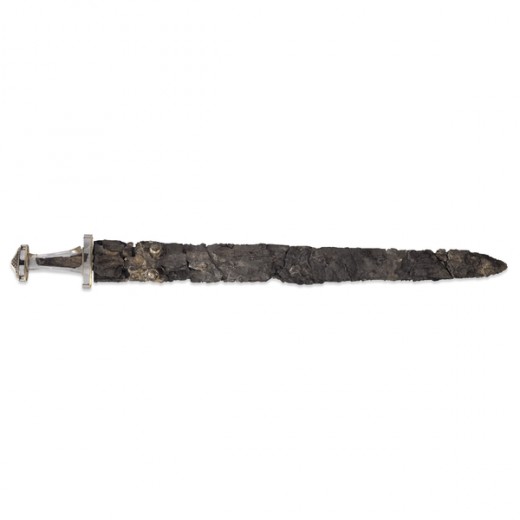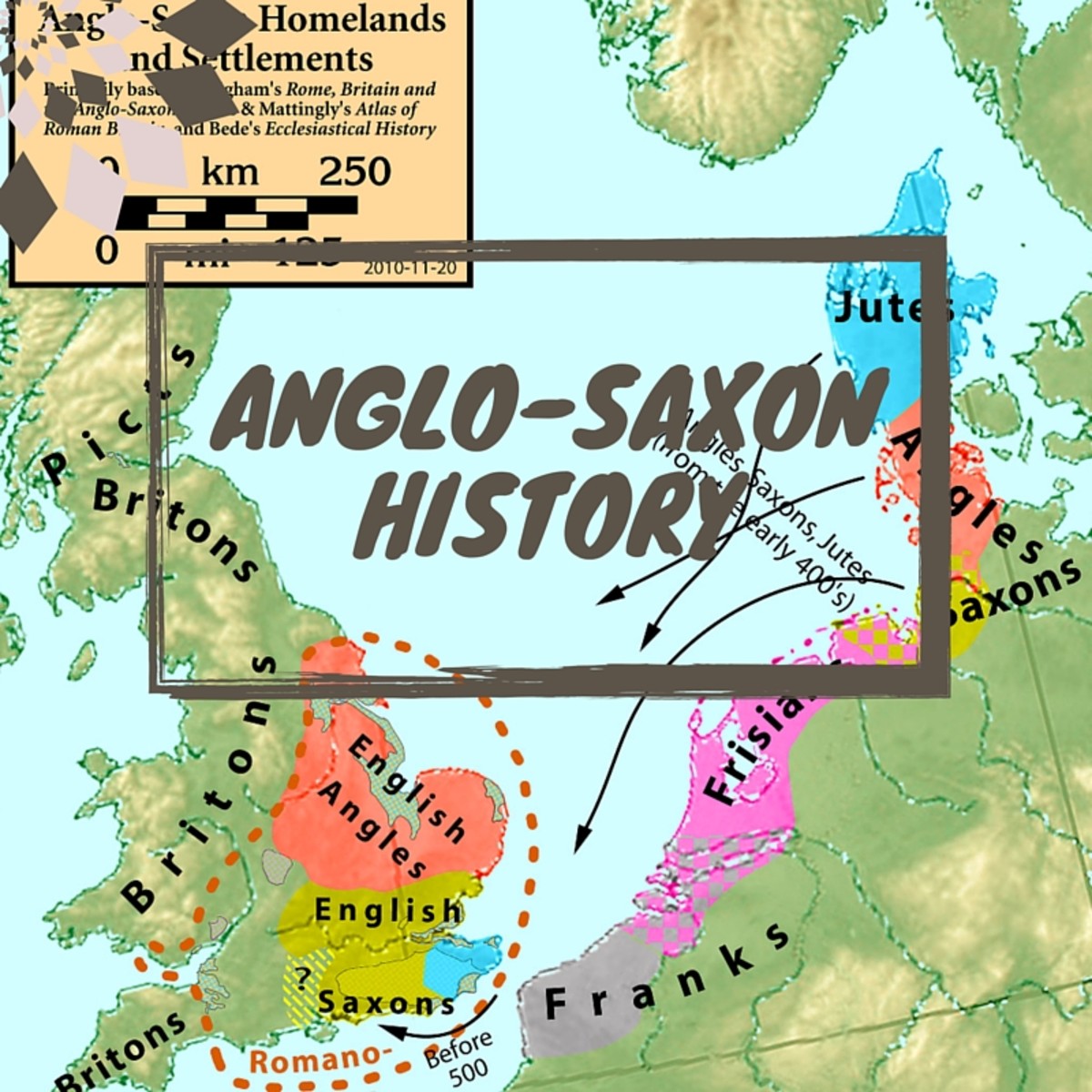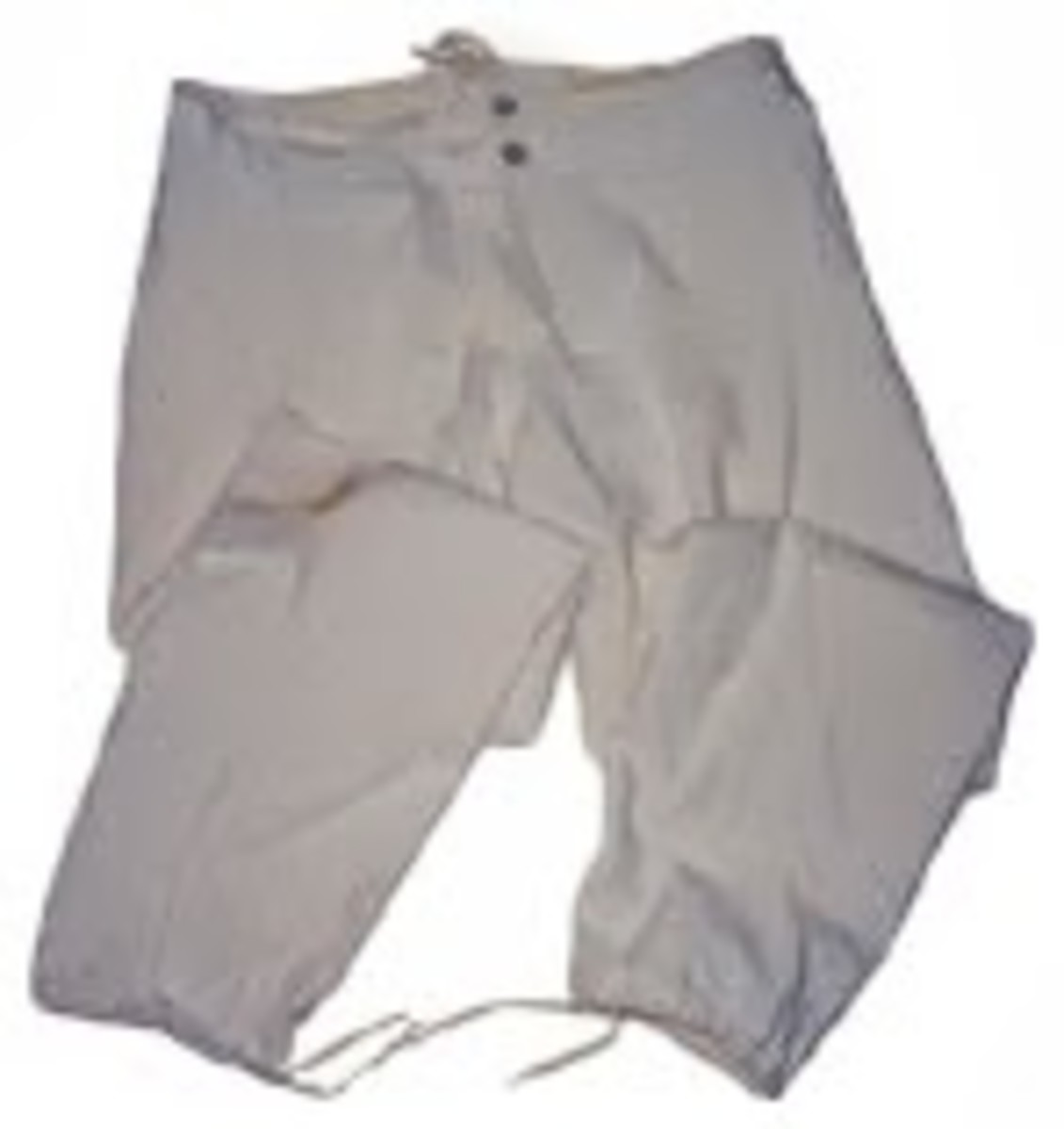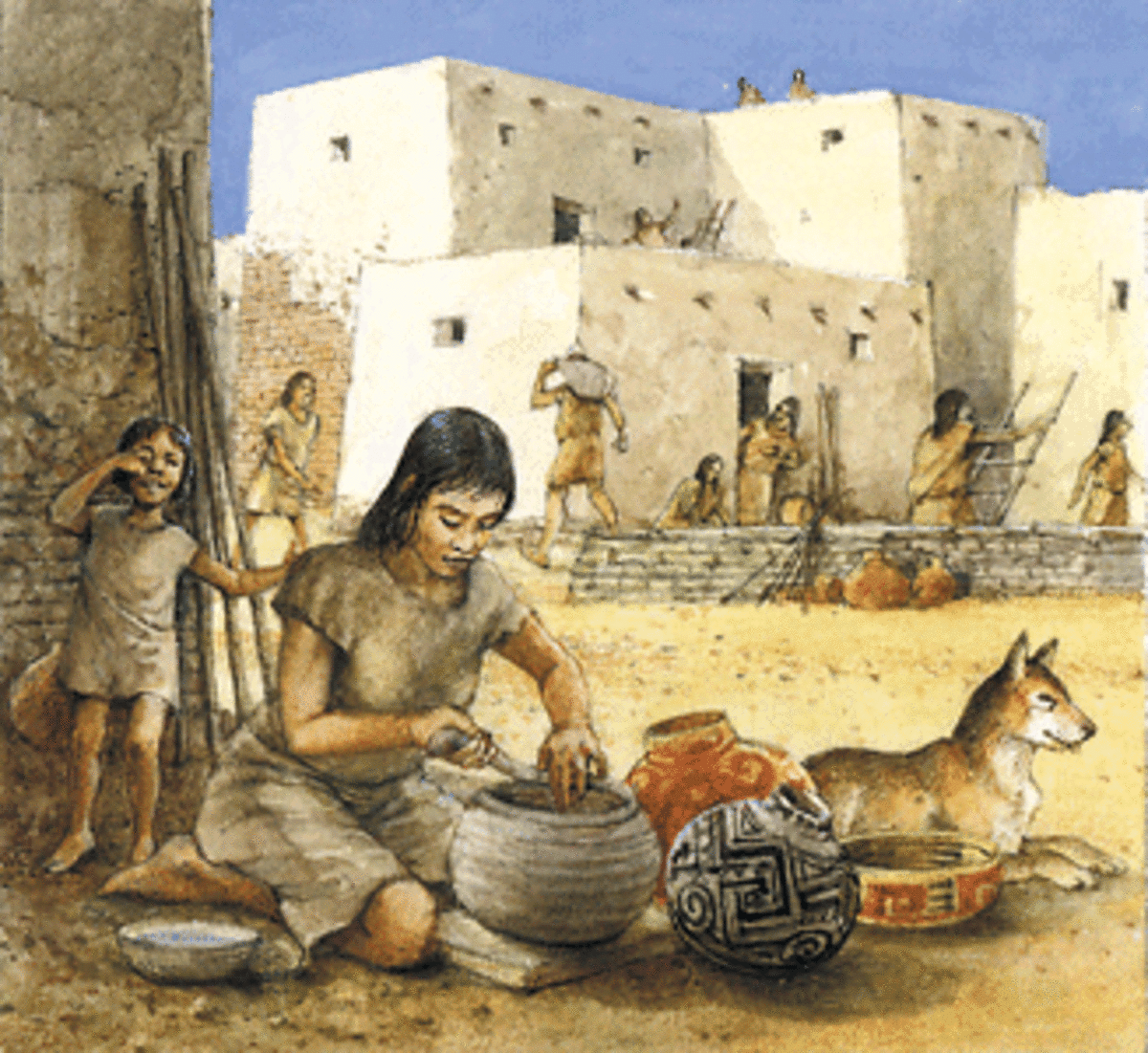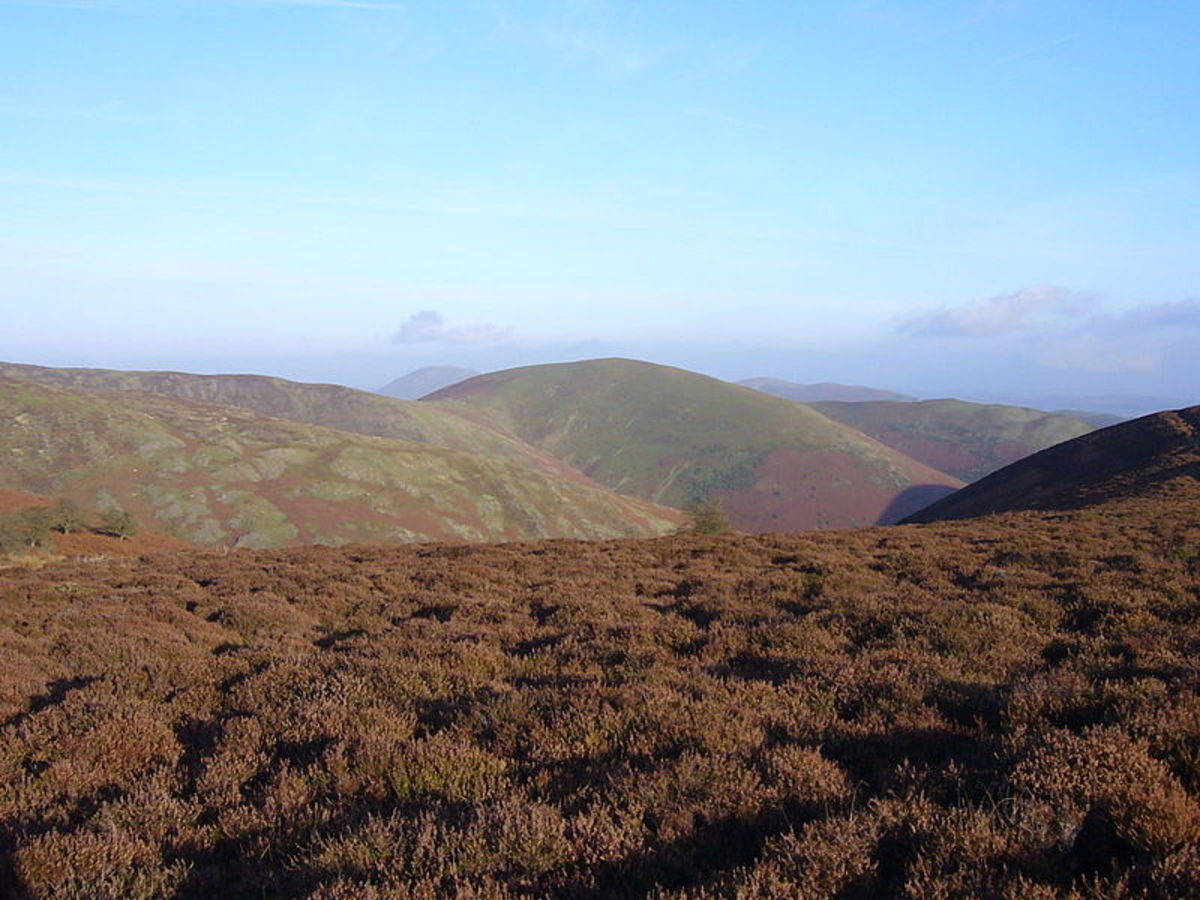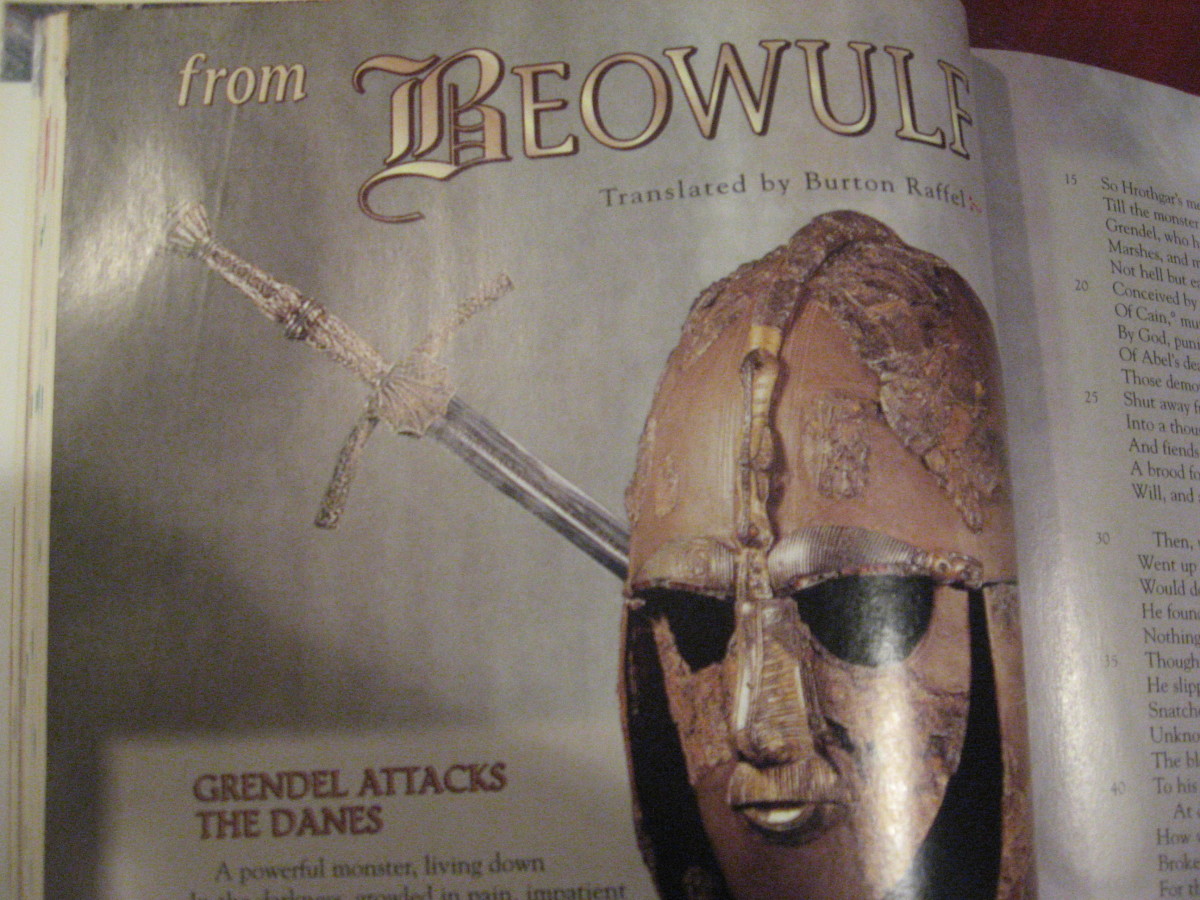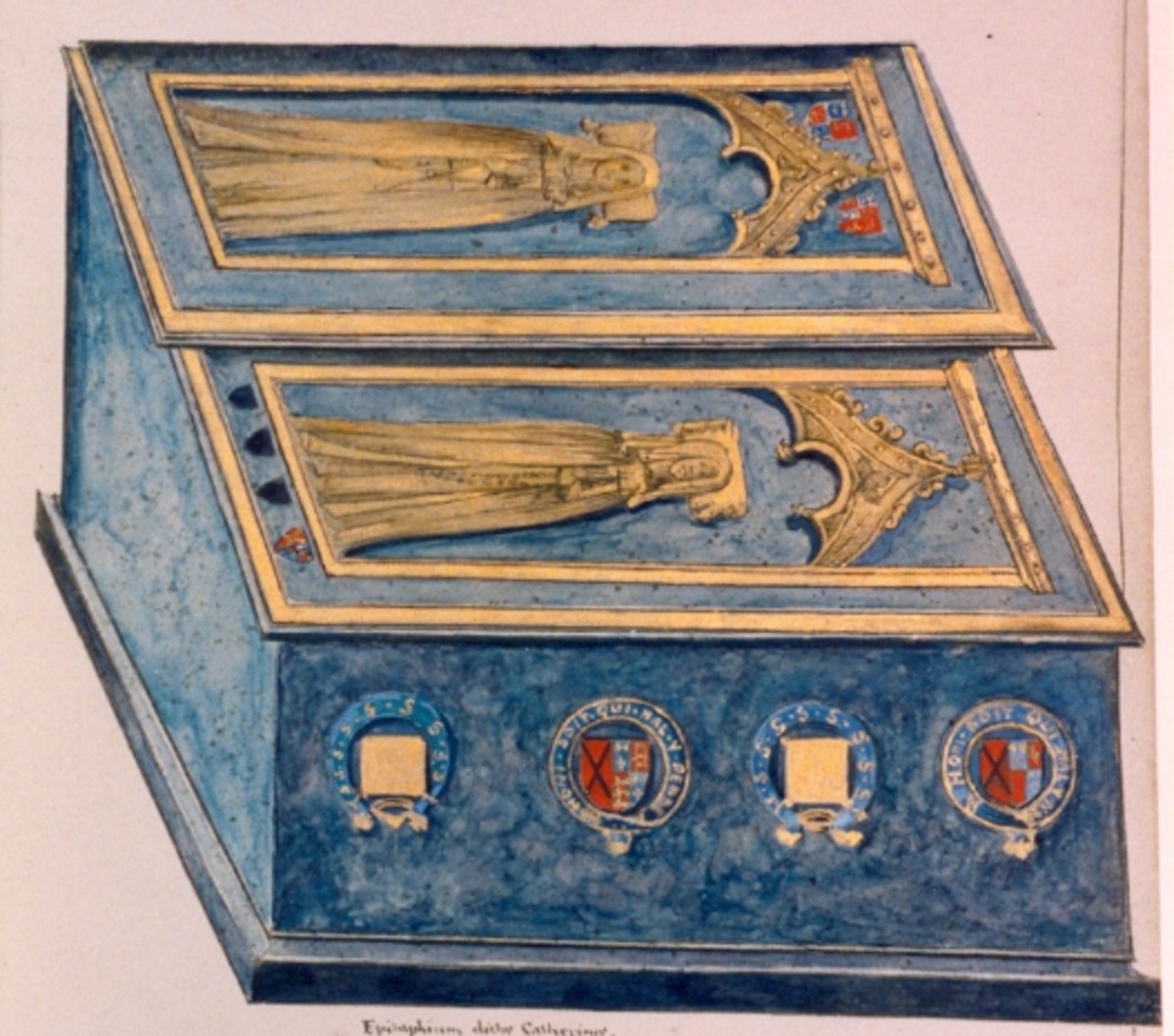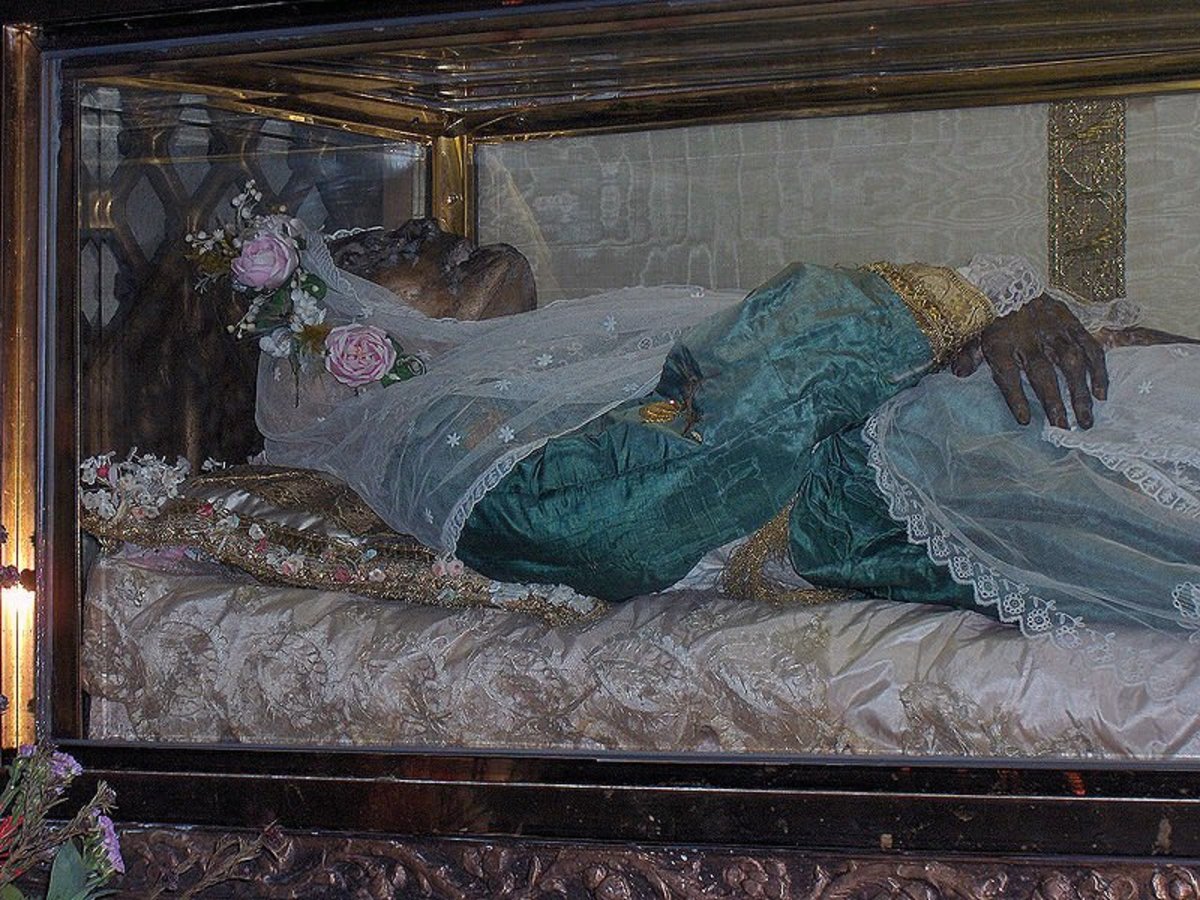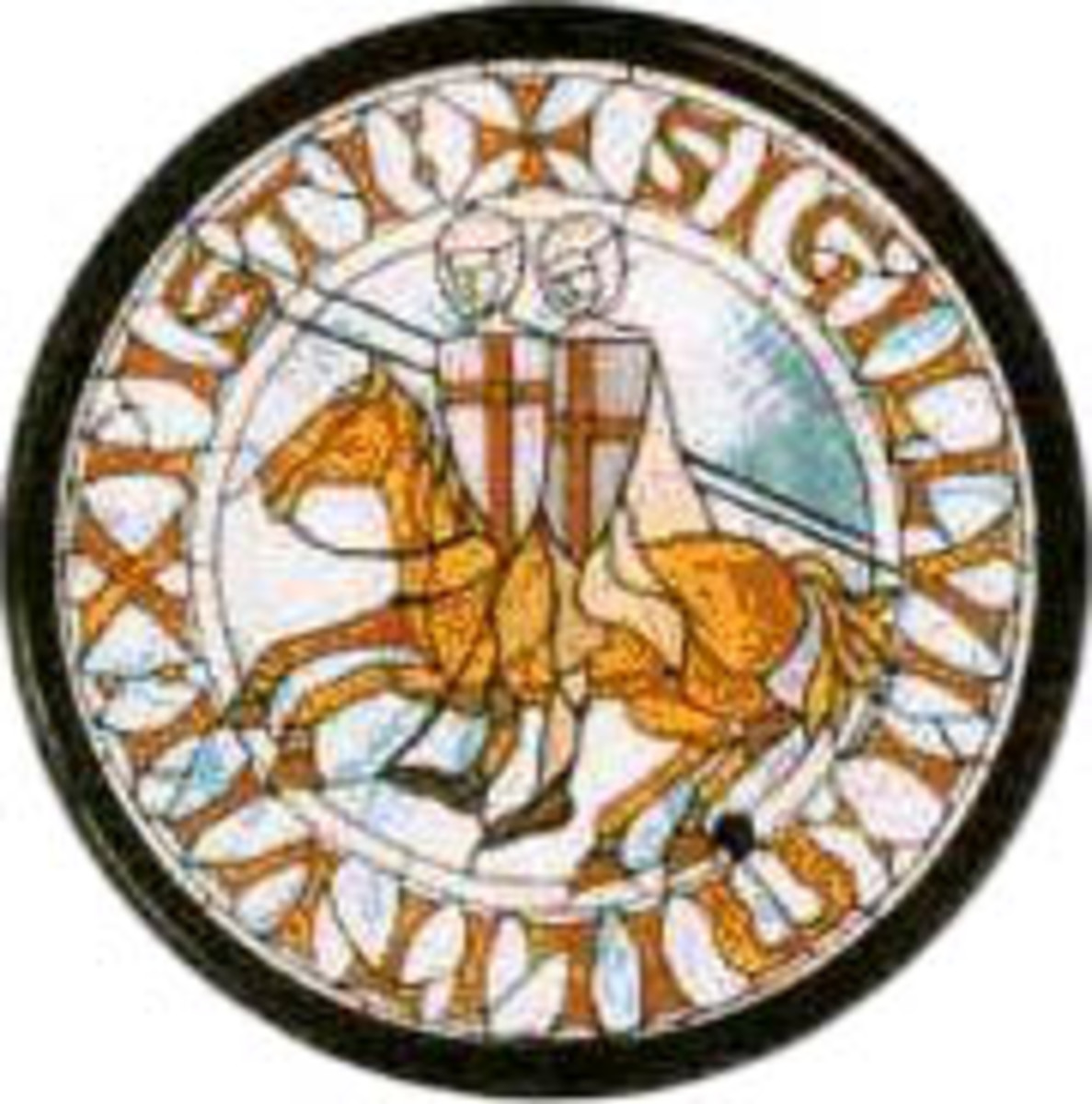Anglo Saxon - Life as they knew it
Religion
The Anglo Saxons went to Britain as pagans.
They worshiped gods of nature and situation. For instance gods of the rocks, springs and trees or forest were held in high regard and small rock temples could be found in many places throughout their realm. They also worshiped specific gods such as the goddess of harvest and the god of war. Some of the names of their gods were Tiw, Woden, Thor and Friya. These god names are also the roots of our days of the week,(Tuesday, Wednesday, Thursday & Friday). As pagans they offered food, wine, crops, etc at religious festivals during the year.
There was also an element of the existence magical beings in their beliefs. They believed in elves, dragons and nicor (water spirits).
Society
Anglo-Saxon caste structure:
They came as Picts, Angles and Saxons settling in and pushing the Celts to Wales, Ireland and the North. Through intermingling they came to be known as Anglo-Saxons. The hated peace and lived for war. Their tribal units were led by Cheiftans called Kings or Lords. Kings were known for their heroic ideals and their success in battle through courageous acts (and outlandish boasting). Their warriors were called thanes. They had a very intricate structure which involved implied insult and blood feuds. There were only three ways to do things in their idealistic mindset. 1. Go to war. 2. If things started looking unfavorable, pay a "man price." (the agreed upon price to write the wrong) 3. Arrange a marriage. (one of the names used for women was peace-weavers because of this aspect)
The Anglo Saxons also had several classes:
- Lords or Kings
- Thanes (upper class freemen who owned at least five "hides" or enough land to support 5 families)
- Ceorls (lower class freemen who owned less than five "hides")
- Slaves
There were several types of slaves
- Born a slave
- Conquered in war
- Could not pay debts
- Sold into slavery by parents (usually in times of famine to ensure they lived)
Fortunately slavery was not always a permanent thing. If you owed debts and worked enough to pay it off you could be freed by your owner. Additionally, a person could be ransomed by relatives to be freed and anyone could be freed by their owner which happened commonly in wills and deathbed requests.
Depictions of Anglo-Saxons
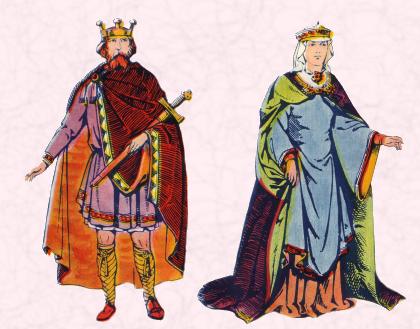
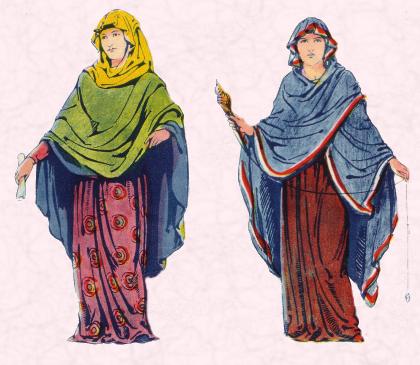
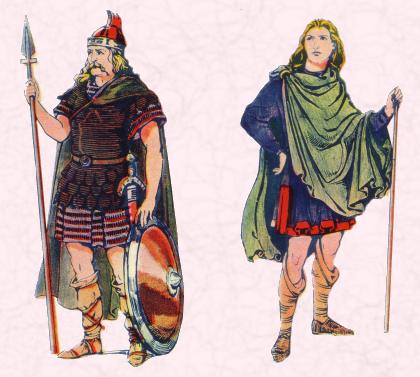
Anglo-Saxon Clothing
The usual cloth was linens or woolens.
The men wore tunics belted at the waist and hose and soft shoes or sandals the straps of which wrapped around the calf on the outside of the hose. Their hose were not like today's version. they were more like leggings.
The women wore tunics as well that reached to the floor. Wraps were a daily clothing item as well and everyone, rich or poor, used brooches to attach wraps and hold garments closed. Although their clothing was similar, the rich used brightly colored or rare dyes (such as indigo) and unique or intricate borders to embellish their clothing.
Almost everyone wore some sort of amulet for luck, good health, fortune, etc. Amulets were generally made of stone and through their pagan roots types of stone had different use or meaning.
Anglo-Saxon Weaponry
Click thumbnail to view full-size




Wartime weaponry
The common weapon was a seven foot long spear. Generally made of ash with an iron head. The spear could be either thrown or jabbed. They also had a shield that was round, made of wood and covered with leather. They were heavy and required plenty of training to use properly in battle.
The only people who had and used swords were kings or lords. Swords were usually handed down through generations and it was considered a great honor to have a sword many generations old. Since swords could get a dull blade from striking metal they were generally used to "finish off the opponent".
Since Anglo-Saxons had to frequently fight against raiders such as Vikings they invariably chose to enter battle with their spears only drawing their sword to dispatch their foe. Vikings and raiding parties other than neighboring Anglo-Saxons generally wore helmets and chain-mail. Since iron swords were designed to cut through "meat" and are easily nicked by contact of metal against metal it was difficult to find a good striking point. Better to stab your opponent and finish him off with the sword.
Leisure and Travel
Leisure
Generally, in books of the period, we find that (when they were not fighting) dicing, chess, horse racing, hunting and elaborate riddles were common choices. Additionally, the harp was the most popular instrument at feasts along with juggling balls and knives. Feasts were fairly elaborate as was the accepted practice of the times. The richer the host the more lavish the feast.
Travel
Travel was common along the old Roman roads, however on the lesser traveled side roads it was common practice to make lots of noise to announce your travel to avoid being taken for a band of outlaws. This is where the horn volleys to announce the king come from in our modern literature depicting that time period.


